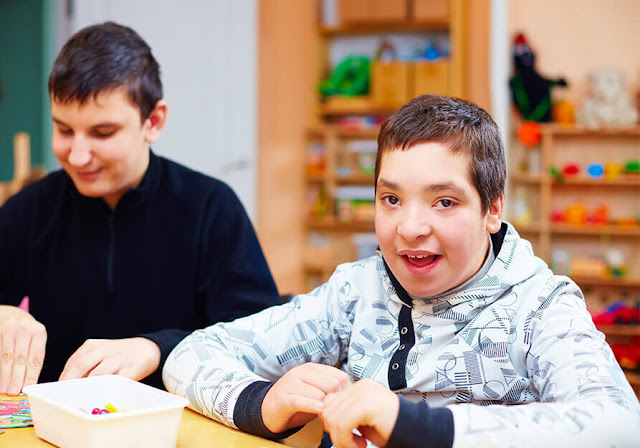Opportunities for Children with Disability
Every child in Australia has the right to be valued as a member of the community and to participate in and contribute to society as a whole. Children with disability are no exception and should be provided with the same opportunities as other children in the community.
Early childhood and kindergarten
The Disability Discrimination Act 1992 and the Disability Standards for Education 2005 require Australian early childhood providers and kindergartens to modify and adjust the environment and any activities to suit the needs of enrolled children with disability. Modifications and adjustments should be reasonable and allow children with disability to participate in the same way as other children.
Primary school
A child with a disability has the same choice of primary schools as other children and often a little extra. You could choose to send your child to a public or private school or you may decide that a specialist school or home-schooling best suits your child’s needs.
As with early childhood providers and kindergartens, primary schools must give your child the same opportunities as other children who attend the school. This is required by law, specifically the Commonwealth Disability Discrimination Act 1992. Within this Act, the Disability Standards for Education outline how schools must support students with a disability to ensure they are given equal opportunity.
Secondary school and university
Education providers are required to support students with disability throughout their learning years, and this includes at the secondary school and university level. You can expect that your child is able to participate and learn in the same way as other students in the class and that educators will make reasonable adjustments wherever necessary.
Discrimination
Your child should be given every opportunity to live a fulfilling life, so it’s important that their carers understand how they can provide the right environment for your child’s needs.
Discrimination happens when your child is excluded from participating in an activity because of their disability. Often, this happens when educators are not fully aware of how they are required to help or how they are able to help. If this is the case, you could discuss your child’s needs with their educator and suggest ways they can help or where they can find relevant information. However, sometimes, it might be necessary to contact the Anti-Discrimination Commission in your state for advice or to make a complaint.
If you are still unhappy with your child’s educator, you might consider finding a more suitable provider to ensure your child continues to have an equal opportunity at school.
OSAN Ability Assist
At OSAN Ability Assist, we can help you determine your child’s specific needs and learn how they can best be supported. We can arm you with the knowledge you need to ensure education providers are providing equal opportunity for all students in the class, regardless of disability. Call us today on 1300 799 941.



Comments
Post a Comment